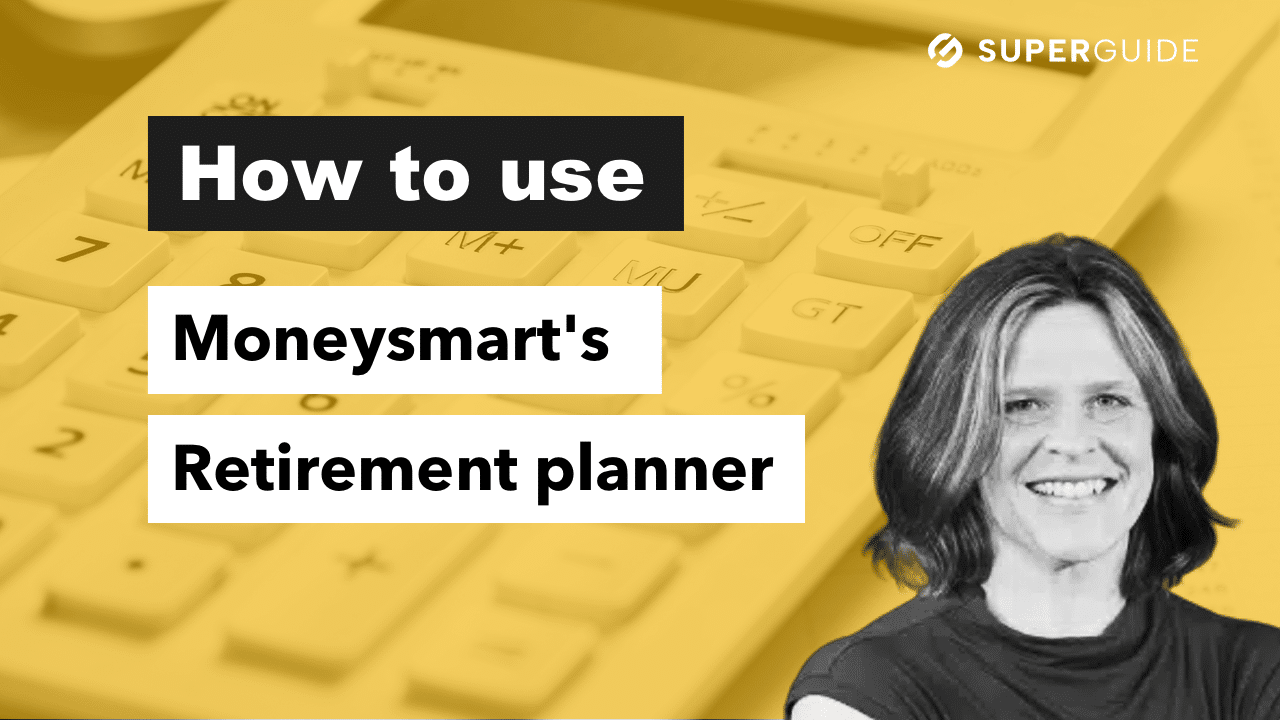In this guide
So, you’ve decided to see a financial adviser. With around 16,000 financial advisers and planners listed on the Australian Securities and Investments Commission (ASIC) Financial Advisers Register, you’re not short of choice. Yet too much choice can be daunting, especially if you’ve never consulted a professional adviser before.
You are also not alone. An estimated 12.4 million Australians have unmet advice needs, according to the Investment Trends 2022 Financial Advice Report.
Whether your financial affairs are simple or complex, it’s important to take time selecting an adviser who is not only well qualified but the right fit for you. Following these five steps will help you make the right choice.
Step 1: Where to look for an adviser
A multi-pronged approach works well when you are starting your search.
- Ask trusted friends, relatives and work colleagues for recommendations. While a personal recommendation is not enough on its own to select an adviser because everyone’s needs are different, it may help you whittle down the list of advisers in your local area and give you confidence to make that initial call.
- Do an internet search for financial advisers near you. Check their website and social media pages to see what services they offer, if they have particular expertise or encourage certain types of clients, and comments from happy or dissatisfied clients.
- Use the ‘find a planner’ service offered by the Financial Advice Association of Australia (FAAA). The online search function allows you to narrow your search by location. Once you have a shortlist, click through to each adviser’s website to find out more.
- Financial Advice Association of Australia (FAAA) Find a planner
- Check SuperGuide’s list of independent advisers, which we believe is the most extensive list available.
Learn more about independent financial advice and where to find it.
Some advisers have expertise in areas such as retirement planning, SMSFs or aged care. Others might work with occupational groups such as teachers, doctors or small business operators.
An adviser can also help younger clients with guidance on budgeting, cash flow management and investing, perhaps in preparation for buying their first home, building an investment portfolio or starting a business.
Once you have a shortlist of advisers, it’s time to do some due diligence.




















